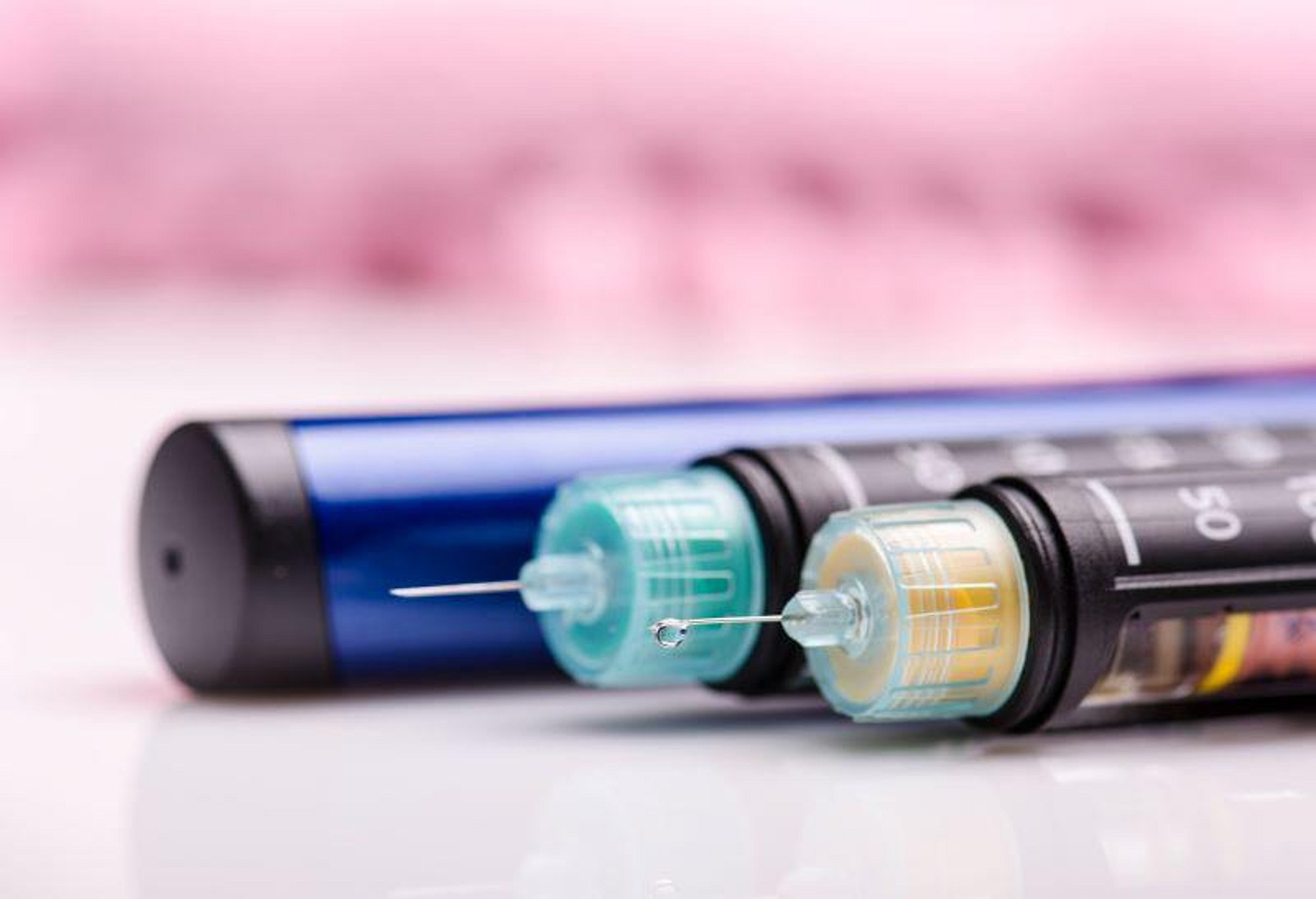ACAAI: Epinephrine Auto-Injector Use Low Among Adults With Food Allergy

MONDAY, Nov. 14, 2022 (HealthDay News) -- Only half of adults with food allergies have immediate access to epinephrine auto-injectors (EAIs), according to a study presented at the annual meeting of the American College of Allergy, Asthma & Immunology, held from Nov. 10 to 14 in Louisville, Kentucky.
Jennaveve Yost, from Food Allergy Research & Education in Burke, Virginia, and colleagues examined epinephrine utilization in adults with food allergy. The analysis included survey responses from 1,006 adults with food allergy.
The researchers found that only 52 percent of adults reported having ever been prescribed an EAI. "My doctor did not indicate it was really needed" and "I don’t believe I need it" were the top reasons cited explaining the access gap. Individuals with private health insurance were more likely to have a history of EAI prescription (59 percent through employer and 68 percent self-purchased) versus those on Medicare (48 percent) or Medicaid (51 percent). One-third of adults reported having an unexpired EAI, while one-quarter reported always having access to EAIs. More than one-third of respondents (36 percent) believed that EAIs can cause life-threatening side effects. Participants reported paying, on average, $476 out of pocket in the past year for EAIs.
"Our goal in doing the study was to show that more people need to be made aware that if they have a food allergy, they should always carry an EAI and that those EAIs are safe to use," a coauthor said in a statement.
Related Posts
AHA News: 5 Things to Know About AEDs After a Defibrillator Helped Save Damar Hamlin
TUESDAY, Jan. 17, 2023 (American Heart Association News) -- We've all walked...
Stakes Are High Ahead of FDA Panel Vote on ALS Drug
MONDAY, March 28, 2022 (HealthDay News) -- Advocacy groups are pressing U.S....
AHA News: Fitness Didn’t Keep Him From Heart Problems or COVID-19, But It Did Help Him Recover
FRIDAY, Sept. 17, 2021 (American Heart Association News) -- About a month into...
Salmonella Linked to Pet Turtles Has Hospitalized 5, CDC Says
FRIDAY, July 22, 2022 (HealthDay News) -- Tiny turtles are the cause of a...
